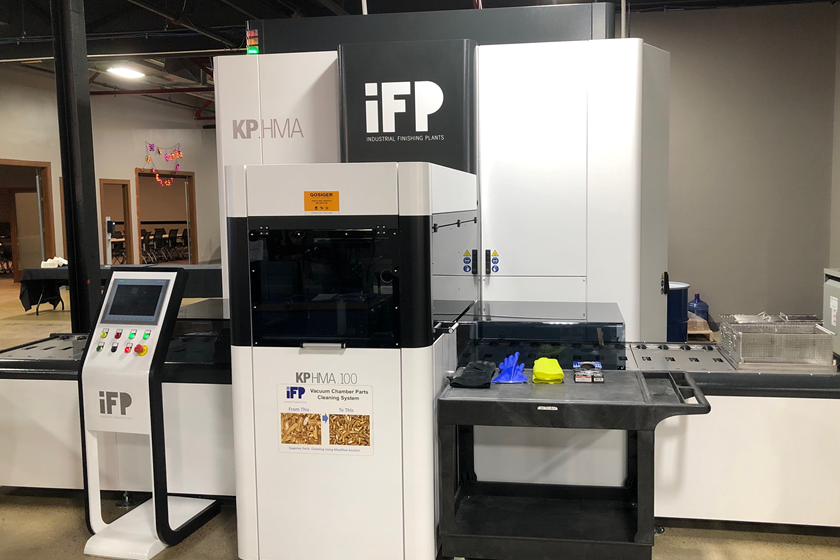Coating Enhances Human Body's Response to Implants
Researchers have developed a new surface treatment for metallic biomaterials that will reduce rejection of implants by human bodies.
An article published in the journal Scientific Reports says researchers from the Centre for Biomedical Technology at Universidad Politécnica de Madrid (CTB-UPM) have developed a new technology that will allow them to modify the surface of metallic biomaterials in order to improve their interaction with the human body.
The procedure, called Activated Vapor Silanization (AVS), consists of coating the material surface with a layer of less than one-thousandth of a millimeter and joining molecules that are naturally found in humans. When applied to materials used to manufacture prostheses, the process reduces implant rejection and, consequently, increases its useful life, the researchers say.
Featured Content
“The AVS technology is a versatile procedure that can be easily adapted to the procedures currently used to develop metallic biomaterials,” says José Pérez, one of the researchers involved in the study.
To read more, click HERE.
RELATED CONTENT
-
Stripping of Plated Finishes
The processes, chemicals and equipment, plus control and troubleshooting.
-
Masking for Surface Finishing
Masking is employed in most any metal finishing operation where only a specifically defined area of the surface of a part must be exposed to a process. Conversely, masking may be employed on a surface where treatment is either not required or must be avoided. This article covers the many aspects of masking for metal finishing, including applications, methods and the various types of masking employed.
-
Blackening of Ferrous Metals
The reasons for installing an in-house cold blackening system are many and varied.


















